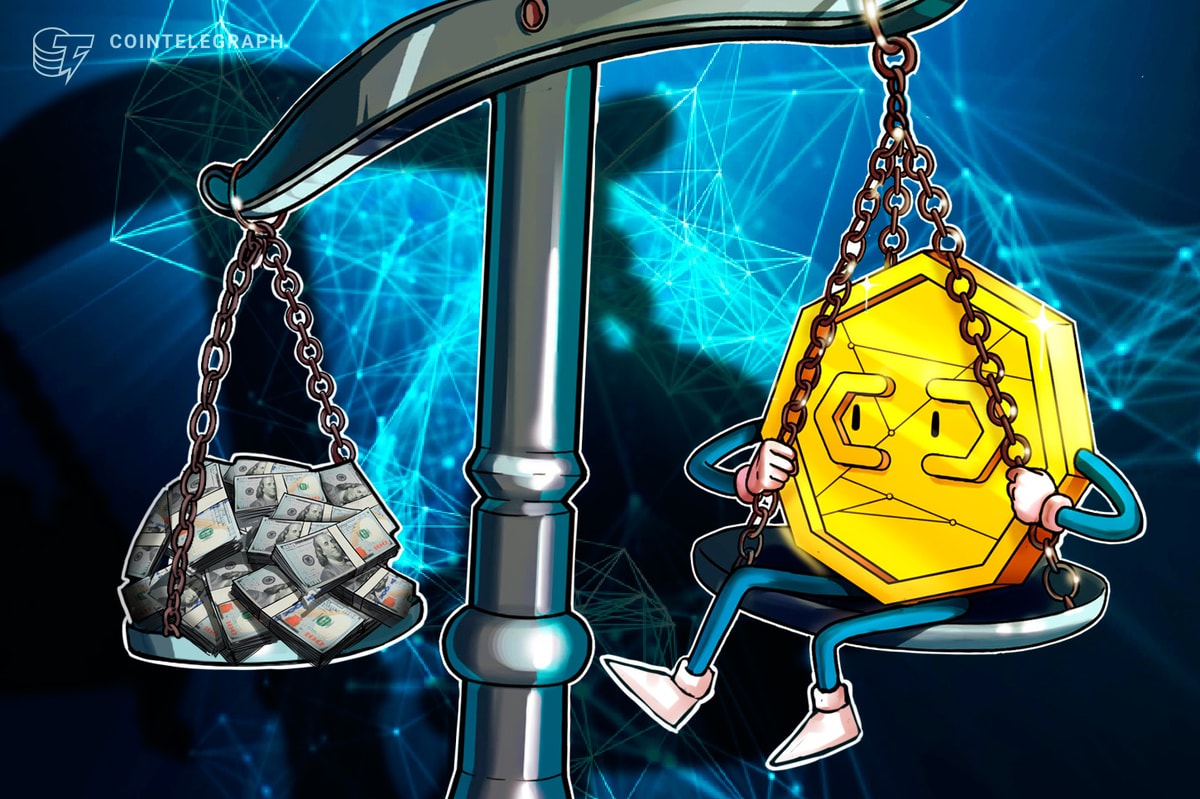There are two key aspects to highlight in this definition. First, it only applies to entities that hold a specific kind of Brazilian enterprise ID called CNPJ (A CNPJ is similar to a business’ tax identification number, TIN, or employer identification number, EIN, in the U.S.). Second, it requires that the aforementioned services be provided on behalf of a third party for the provider to be considered a VASP. These two points mean that individuals, as well as hardware and software services such as self-custodial solutions, shouldn’t fall under the rules and therefore not be identified as VASPs.
The Penalties The bill establishes that existing criminal penalties for fraud and money laundering should also encompass illegal actions involving cryptocurrency . Penalties vary from three to 10 years in prison, in addition to fees, and are in some cases more severe if virtual assets are involved.
The Parts Left Out Key aspects of the bill were removed from the text in the final voting. Here are some of the most important ones.
Patrimonial Segregation One rule added by the Senate required VASPs to keep user funds separate from their own capital. It sought to prevent issues similar to what happened with FTX, the now-bankrupt global exchange that apparently used customer funds to fund trades executed by a sister company, Alameda. Notably, this rule meant that in the event of a bankruptcy, user funds would be immediately returned instead of being part of the bankruptcy process or used to settle some of the company’s debt.
The inclusion of this section was supported by several key players in the market, as well as the BCB. Deputies voted against it in Tuesday’s session, arguing that the rule could stifle innovation in Brazil as it could present a big barrier for entry into the cryptocurrency market.
Tax Exemptions On Mining Rigs Another seemingly positive rule that was left out of the final text sought to exempt federal taxes on the purchase of mining equipment and software such as ASIC rigs until December 2029. It included some conditions for the benefit, such as the need to use renewable energy sources. The rule could have helped spur a healthy mining market in the country as federal import taxes alone can often double the price of some goods being shipped to Brazil.
Public Agencies Holding Accounts On VASPs A third rule that didn’t make it to the final text allowed governmental agencies to open and operate accounts at VASPs such as exchanges. The possibilities for operating such accounts would be limited by those established by the executive branch.










 Bitcoin
Bitcoin  Ethereum
Ethereum  Tether
Tether  XRP
XRP  Solana
Solana  USDC
USDC  Dogecoin
Dogecoin  Cardano
Cardano  TRON
TRON  Lido Staked Ether
Lido Staked Ether  Wrapped Bitcoin
Wrapped Bitcoin  Sui
Sui  Chainlink
Chainlink  Wrapped stETH
Wrapped stETH  Hyperliquid
Hyperliquid  Avalanche
Avalanche  Stellar
Stellar  Shiba Inu
Shiba Inu  Bitcoin Cash
Bitcoin Cash  Hedera
Hedera  LEO Token
LEO Token  Toncoin
Toncoin  Litecoin
Litecoin  Polkadot
Polkadot  WETH
WETH  Monero
Monero  USDS
USDS  Wrapped eETH
Wrapped eETH  Bitget Token
Bitget Token  Pepe
Pepe  Binance Bridged USDT (BNB Smart Chain)
Binance Bridged USDT (BNB Smart Chain)  Pi Network
Pi Network  Ethena USDe
Ethena USDe  Coinbase Wrapped BTC
Coinbase Wrapped BTC  WhiteBIT Coin
WhiteBIT Coin  Bittensor
Bittensor  Aave
Aave  Uniswap
Uniswap  NEAR Protocol
NEAR Protocol  Dai
Dai  Aptos
Aptos  Jito Staked SOL
Jito Staked SOL  Ondo
Ondo  OKB
OKB  Official Trump
Official Trump  Internet Computer
Internet Computer  Ethereum Classic
Ethereum Classic  Cronos
Cronos